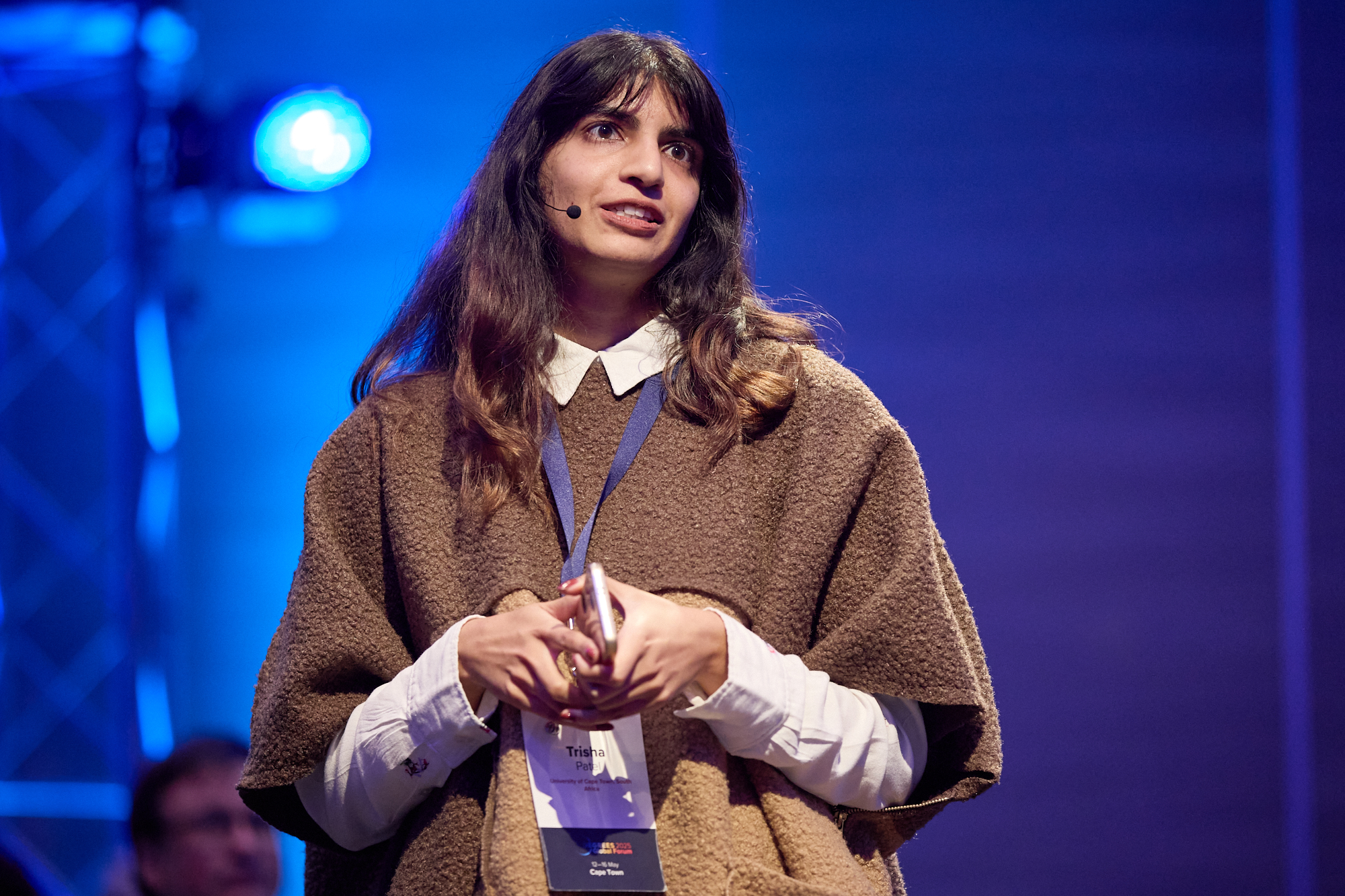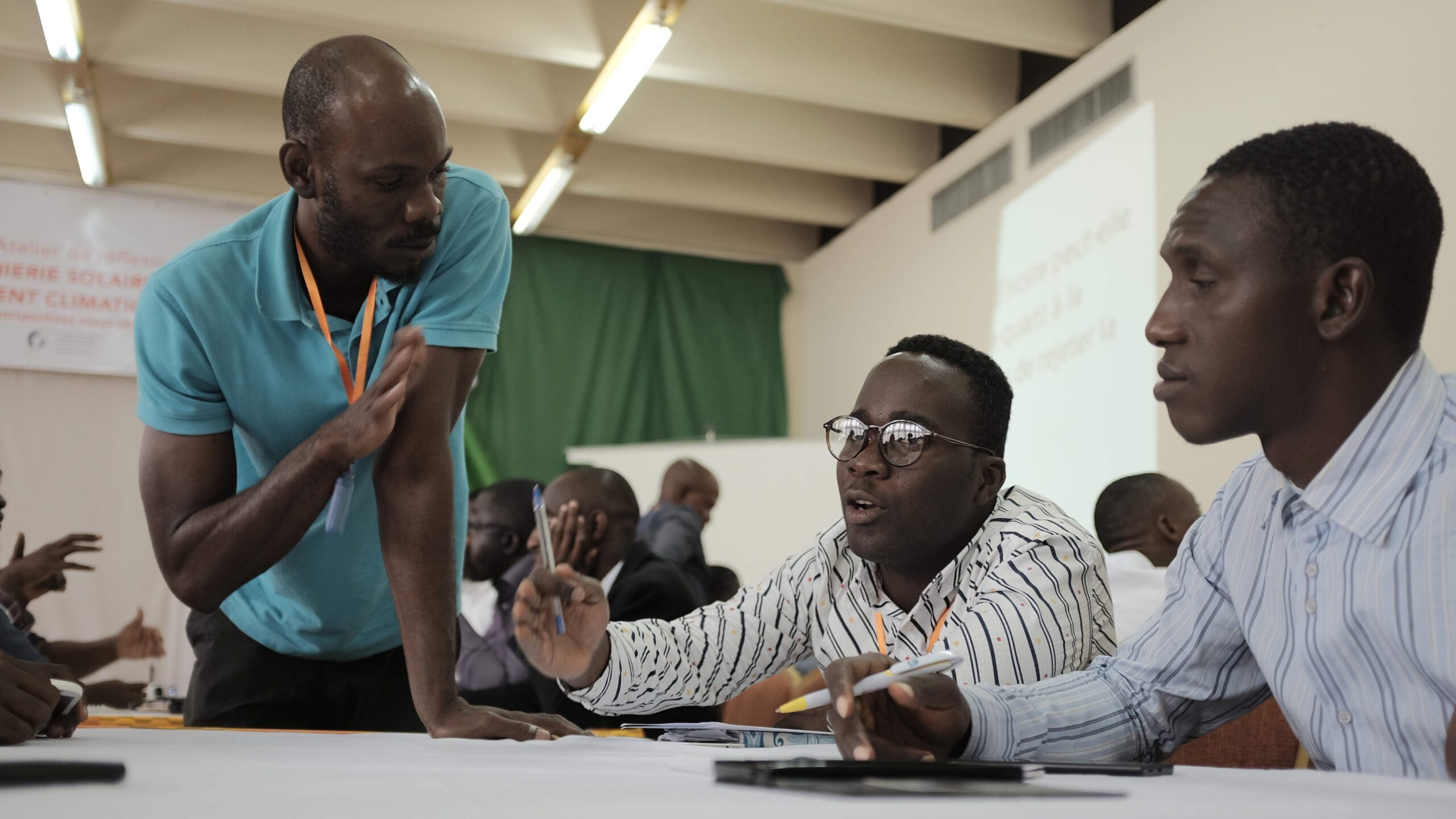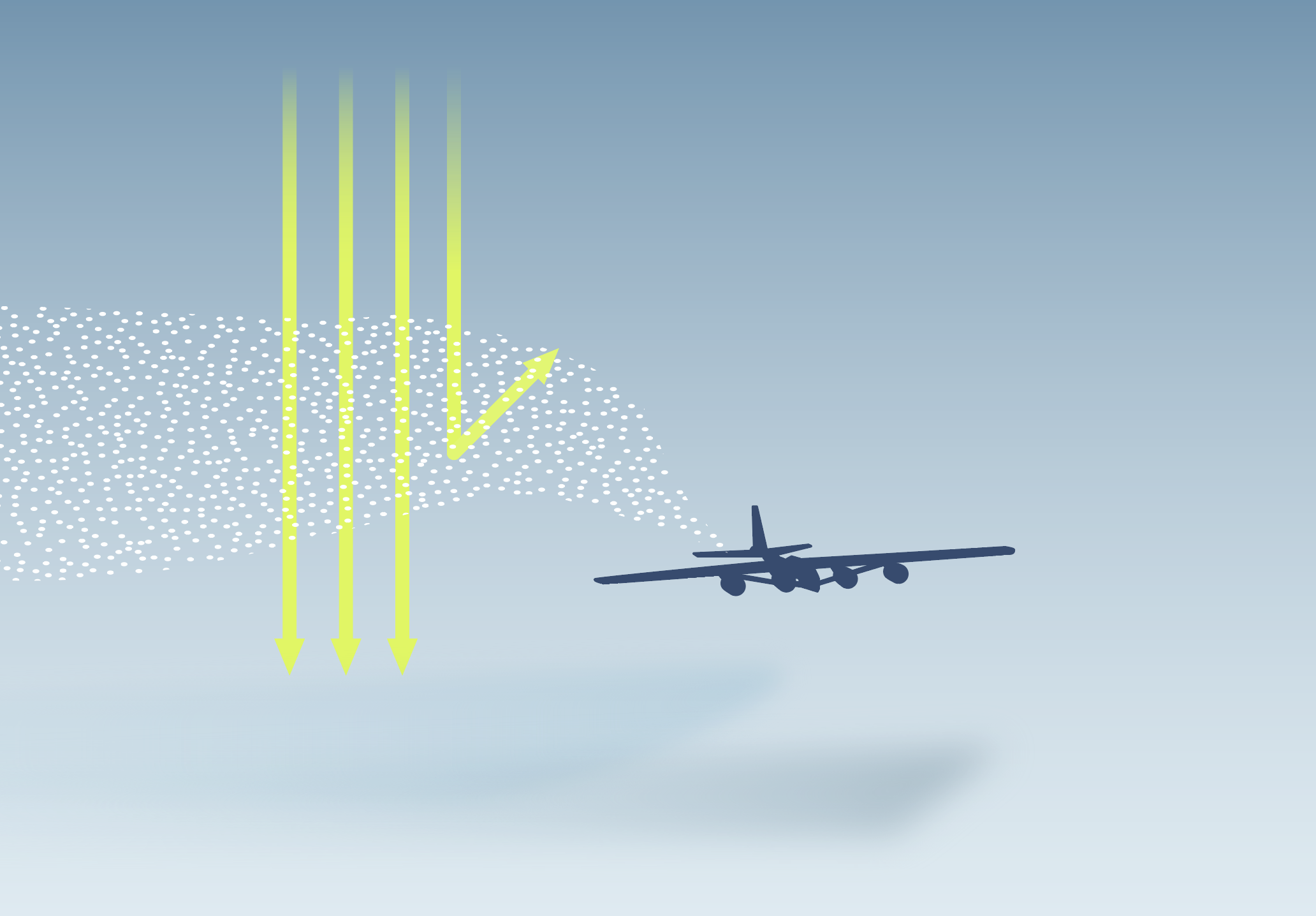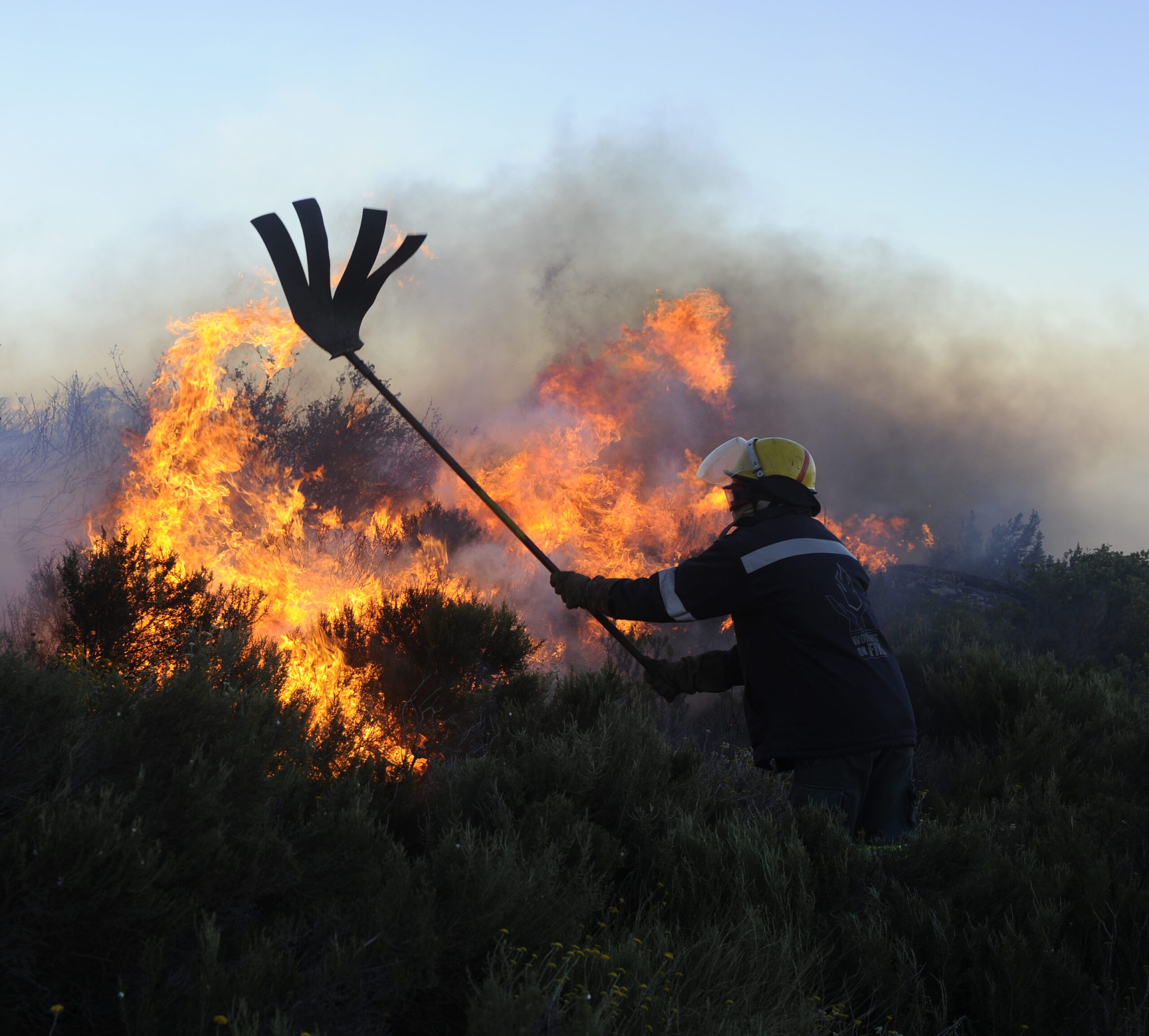Perspective
Degrees Global Forum 2025: A Growing Field Finding Its Voice
Trisha Patel reports on her experience at the Degrees Global Forum 2025 – the largest conference yet dedicated to sunlight reflection methods (SRM) and the first in the Global South. She reflects on what it revealed about the evolving culture of SRM research – from deepening interdisciplinarity to growing global participation – and explores the importance of inclusive, responsible engagement moving forward.

Trisha Patel addresses the Closing Plenary of the 2025 Degrees Global Forum – May 2025 (Photo: SRM360.org/The Degrees Initiative/Saskia Wegner)
The Degrees Global Forum 2025 (DGF) in Cape Town marked a milestone for the SRM community: the largest event of its kind to date. And that’s not just notable for its scale – it’s a signal. A signal that the conversation is growing, deepening, and reaching places it hasn’t before.
SRM is not the kind of topic most people plan to spend their careers on, and frankly, it’s not the kind of climate option many of us wish needed to exist. But the fact that we are here – grappling with something so complex, ethically fraught, and full of unknowns – is a reflection of where we are globally. And if we are going to be having these conversations, I’m really glad it’s happening like this.
What struck me during the Degrees Global Forum is that despite that context, or perhaps because of it, the space was absolutely buzzing. There is something electric about being in a room with people from such different backgrounds. In addition to climate scientists, the Forum brought together philosophers, lawyers, political scientists, civil society actors, engineers, and policy analysts. Building a shared vocabulary across disciplines is no small feat, but it’s clear the field is trying. And there’s something powerful about watching people sit with disagreement without falling apart.
Everyone’s path into the field is different. I stumbled across SRM five years ago while studying climate change at the University of Cape Town, working on a research project supported by the Degrees Initiative. And now here we are, with the Global Forum having happened in Cape Town. It’s a full-circle moment I certainly did not anticipate at the beginning of my career – a reminder that this is a field growing in both directions: deeper and wider.
And how special to see this kind of global convening. Not just interdisciplinary but international, with researchers from more corners of the world, and more layers of lived experience, bringing their insight into the space. The increased presence of researchers from the Global South was tangible – not just in participation, but in shaping the research agenda itself.
One of the things that stood out was just how many SRM-related initiatives got the space to introduce themselves over the course of the Forum. Their work, grounded in regional priorities, disciplinary diversity, or specific thematic lenses, will without a doubt enrich the field as they also sharpen our questions. As more voices come in, we ask questions differently – and hopefully, more meaningfully. Seeing old friends, meeting researchers you’d only known through papers or LinkedIn threads, and discovering new initiatives all made for a Forum that felt as valuable as it was vibrant.
For me, one big takeaway was this: if we are going to continue engaging with SRM seriously, then how we engage with people – outside the community, across disciplines, and beyond datasets – matters just as much as what we’re researching. Because the questions being asked here are not just technical. They’re also ethical, political, generational. And they will most likely land in different ways, shaped by where you are in the world, the systems you rely on, and how much choice you have in the matter.
It was equally moving to see the range of generations represented. As an early-career researcher, I learned just as much from the seasoned researchers who have been in this space for many years as I did from the students and community organisers who are just beginning to explore it. That kind of exchange – of experience, of openness, of curiosity – felt like a quiet cornerstone of the conference.
The Forum didn’t pretend to have all the answers. But it made space where disagreement could be generous, ideas could be brave, and people could feel safe enough to speak their truth. It reminded us that responsible research isn’t just about protocols and scenarios. It’s also about building trust, slowing down when needed, and bringing in perspectives that might challenge the ones we know.
So, what comes next? A lot, hopefully. The ideas, collaborations, and questions sparked at the 2025 Degrees Global Forum will take time to unfold. Some could become research papers, others policy discussions, and some (the best ones) may evolve into unexpected collaborations or uncomfortable but necessary debates. That’s how a field matures – through questions that stretch us and conversations that stay with us.
If we keep showing up with care, curiosity, and a commitment to listening well, I think we’ll find the field growing in ways that matter. And if we stay anchored in justice, we’ll be better for it – as researchers, and as a community.
The views expressed by Perspective writers and News Reaction contributors are their own and are not necessarily endorsed by SRM360. We aim to present ideas from diverse viewpoints in these pieces to further support informed discussion of SRM (solar geoengineering).



